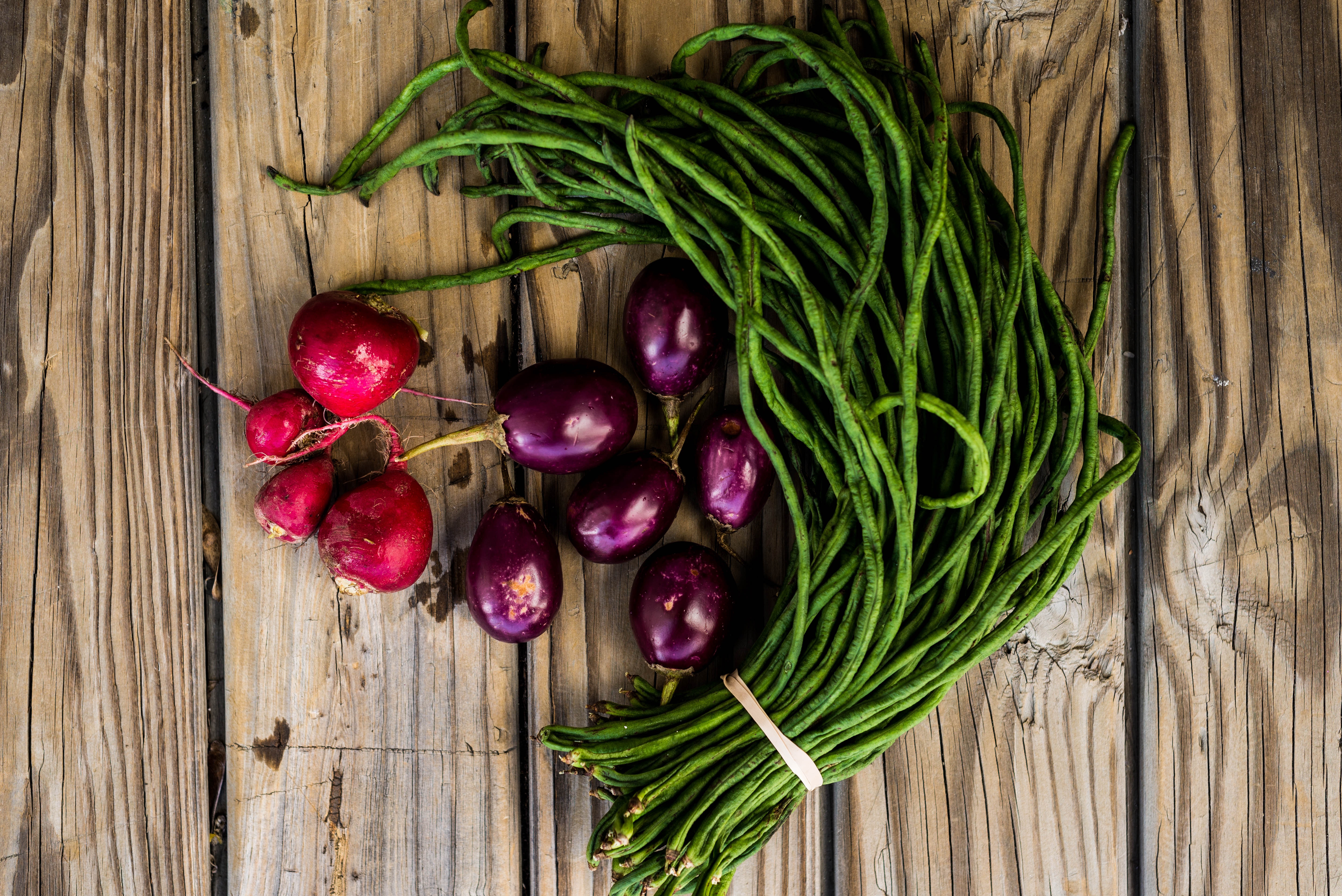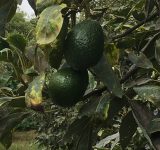Hypoglycemia occurs when blood sugar falls to a very low level. This health condition affects all organs, especially the brain, which needs an adequate supply of glucose to function. Frequent bouts of hypoglycemia can lead to Type II Diabetes and related illnesses. Here are four supporting nutrients for managing hypoglycemia, which can reduce associated symptoms, ranging from blurred vision to headaches and muscle pains.
Nutrients For Managing Hypoglycemia
- Chromium: Chromium is critical for glucose/insulin regulation. It increases insulin sensitivity, allowing for the insulin that is released into the bloodstream to be used. It lowers cholesterol and decreases sugar cravings. Top sources for chromium are: brewers yeast, calf’s liver, whole wheat bread, wheat bran, potatoes, wheat germ, green peppers and sea veggies. The recommended supplementation is 200 mcg 2-3X/day (Bauman, 2012).
- Complex Carbohydrates: Complex carbohydrates are foods that are made up of many sugars. They are metabolized and digested slower than simple sugars and provide sustained energy. They can be in the form of fiber, grains, legumes, and tubers. Carbohydrate quality is very important, as refined carbs tend to have nutrients partially or totally removed during processing. To maintain blood sugar control, choose non-starchy veggies, such as artichoke, baby corn, beans, beets, broccoli, carrots, celery, eggplant, and mushrooms.
- Dietary Fiber: Fiber keeps you feeling full & plays a key role in digestion. Getting a mix of soluble fiber (apples, bananas, pears, beans & nuts) and insoluble fiber (carrots, celery, dark leafy greens & bulgur) helps keep cholesterol levels optimal, aids in the removal of toxins and supports bowel health. Aim for 20-40 grams/day (Bauman, 2013).
- Vitamin C: Vitamin C can decrease body mass and increase fat burn by up to 30% helping to mitigate some of the extra weight that a person may have gained leading up to diagnosis. Cauliflower, broccoli, peas, leafy greens, citrus fruits, parsley, melons, and strawberries are great whole food sources (Arem, 2012).
Originally posted 2018-07-05 09:48:17.







